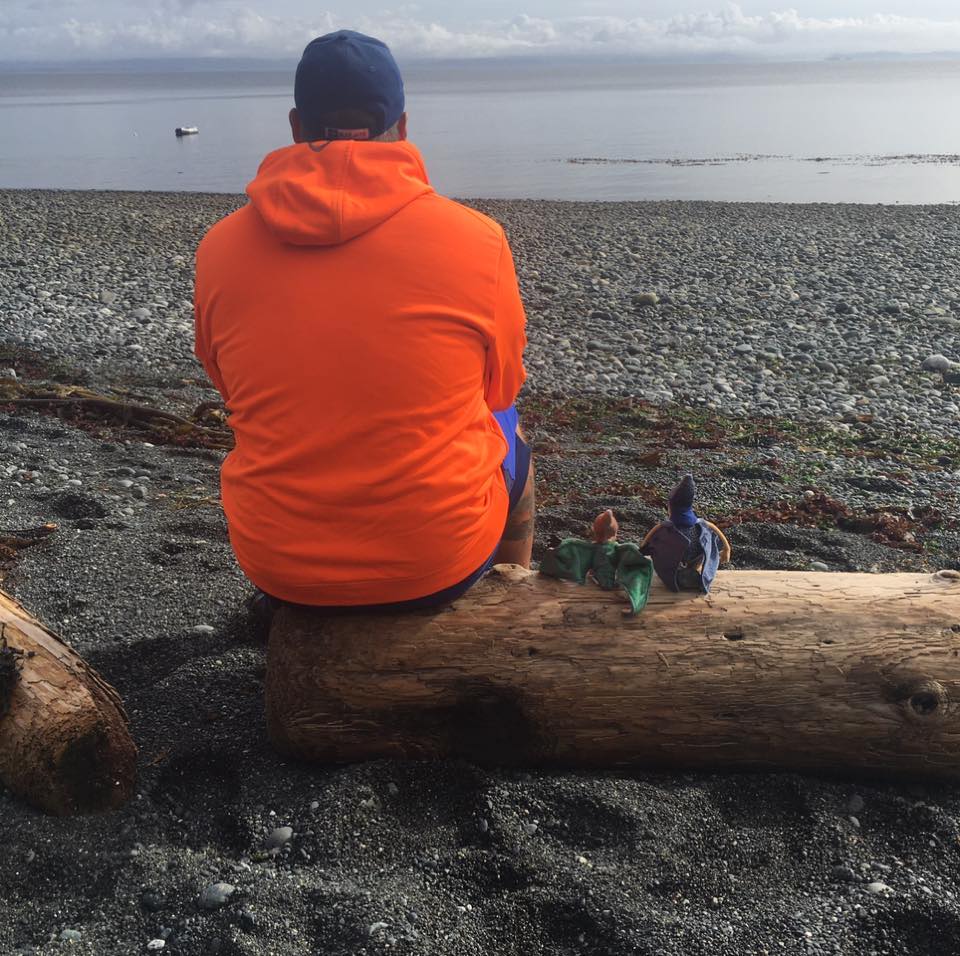We Need to Talk
by Daytona Shaffer
I was a very outspoken child. I learned to speak full sentences at eighteen months, and according to my mother, I haven’t shut up since. At two, my parents predicted that I would be a lawyer because when they told me I couldn’t have a cookie before dinner, I negotiated with them for half. I won. When I was required to sit still, I could, but given the opportunity, I would much rather steal my father’s office chair and ride it down the hallway. When it was necessary that I be in a frilly dress, lacey socks, and mary-janes, I could, but most of the time I wore mismatched socks and a Hannah Montana T-shirt. When I needed to be quiet, I could, but if I asked, “Do you want to hear something cool?” and you answered no, I was still going to tell you.
But the day my father went for that first surgery, I was silent.
It wasn’t the surgery that scared me; that was straightforward. The surgeon was going to cut my father’s skull open, roam around in his brain with a knife, remove the cancer and close him back up. Instead, what scared me was not knowing what that would mean.
Would they be putting him back together the same way they took him apart?
What if they lost a piece? You know, like a puzzle piece hiding under the couch cushion, never to be seen again.
What if they didn’t give me all of my father back?
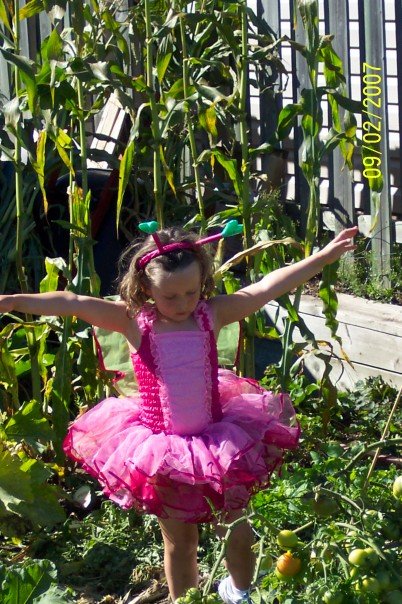
I hopped on my bike and peddled as fast as I could. It was a pink Barbie themed bike with multicoloured sparkly tassels on the handlebars and a clothespin with a Queen of Hearts tucked in the back wheel. It made me sound cooler. I may have been thrown into the adult world with my fathers cancer diagnosis, but I was just trying to be a normal kid.
“Would you get your butt in this house, please,” my mother shouted through the screen door.
As quickly as I could, I chucked my bike into the shed, slammed the gate and ran up the front steps. I will admit it was late, and I had probably spent too long playing with the other kids in the neighbourhood, but I was in the fourth grade now. What was I really going to be learning the next day? Cursive? Nothing was more important than this moment, on our bikes, at sunset.
“Sorry, I was having fun, and I even put a card in my wheel, and now I sound like a motorbike. It’s super loud, mom, and super cool….”
Suddenly, she interrupted me, “We need to talk.”
“About what? I could take the card out if it was too loud, but I really like it. Wait, where did dad go?” my thoughts fluttered faster than the Queen of Hearts in my bike tire.
“We need to talk.”
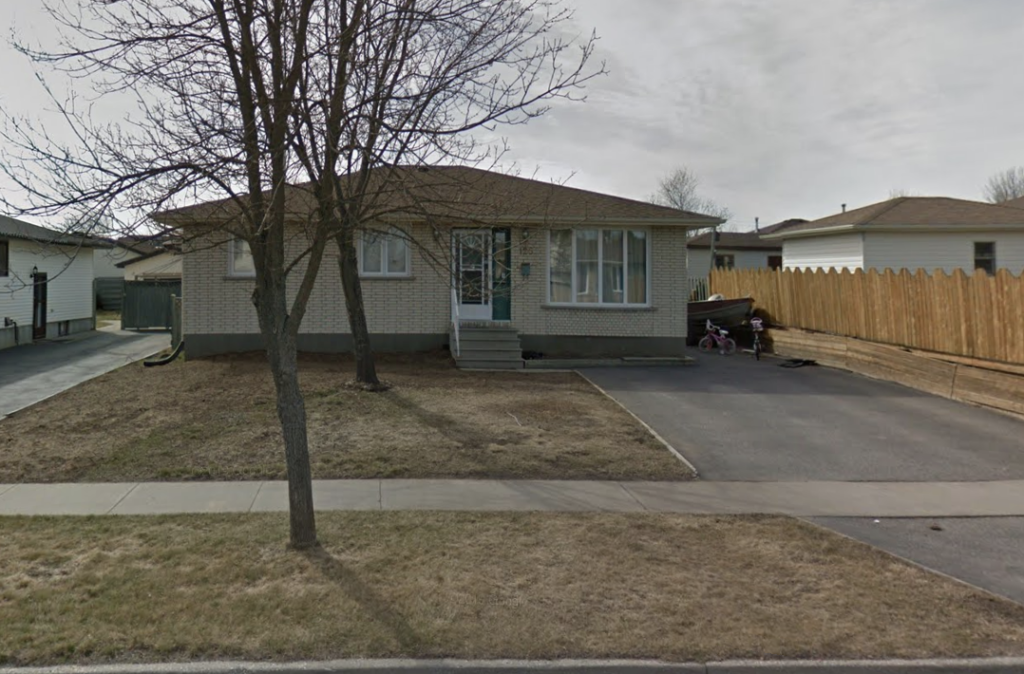
The full extent of the first surgery’s damage wouldn’t become clear until after my father recovered. We would come to find out that he had short-term memory loss.
Sometimes, I feel like I have memory loss.
Not in the same way that my father had memory loss, but memory loss nonetheless. I want to remember what I was like, who I was, but I don’t. The damage had been done to my father’s physical body, but the damage to our family still hadn’t fully manifested. Then, one day, a year after the surgery, it did. My parents were getting a divorce. Not only was my father a different person, but now he didn’t even live with us.
He was physically still my father; he occupied the same form, though he had an indent in his head from where they had removed a portion of his skull. I quickly learned how to fill in some of the missing words, the missing memories, and the missing pieces of my father, but there were always pieces I couldn’t find. Pieces that I couldn’t make fit.
I thought it was creepy when I learned that my father followed my school bus on the first day of kindergarten. Who does that? Well, my father. He wanted to make sure that I made it to school safely, and when I found out, I thought it was odd. Now, I longed to have my father follow me to school because it would mean that he remembered where I went to school. I wanted so badly for him to do all of the odd, quirky things that he used to do. I wanted him to embarrass me in front of my friends. It would mean that he remembered the relationship we used to have. It would mean he remembered who my friends were. It would mean he remembered who I was. I didn’t need him to remember everything; I just wanted him to remember something, anything.
I began to realize that I would never again arrive home to a five-gallon pail sitting on the front step, only to open it and discover that my father had brought home a new critter from work. I hated the surprise of not knowing what was under the lid, but when I realized that all I had left of my father was his physical form, I longed for those moments I had hated. I desperately craved the controlled unknown, the surprise of the closed five-gallon buckets that induced fear but ultimately produced a deep sense of security. I may not have known what was in the bucket, but I knew my father, and now I didn’t.
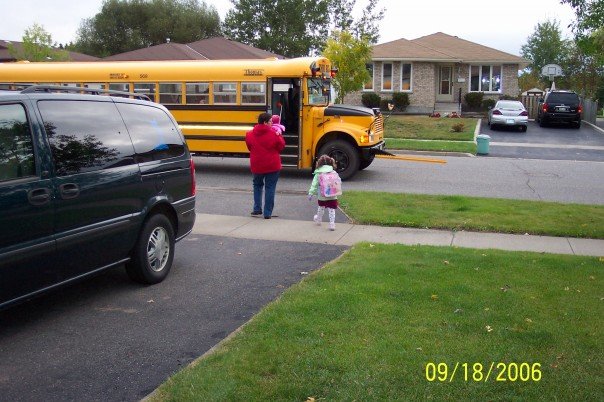
“You really shouldn’t play with your food like that Daytona. You are in the sixth grade; you know better,” my mother said as we stood in the tiny kitchen of my father’s apartment.
What was I supposed to do with the chocolate fudge sundae that I was too sick to my stomach to eat? I had watched the warm chocolate fudge melt the cold ice cream for a while, but after that, mixing it seemed like the only logical option.
“Sorry” is all I said in response because what I wanted to say would not have been helpful. I wanted to tell her that I was angry, that keeping me from speaking with my father for six weeks after his second brain surgery was not fair. That I should have at least been able to talk to him, and bribing me with ice cream wouldn’t work; it was a horrible consolation prize.
“Is Dad coming soon?” I asked.
“Soon, but I wanted to get here before he did. We need to talk.”
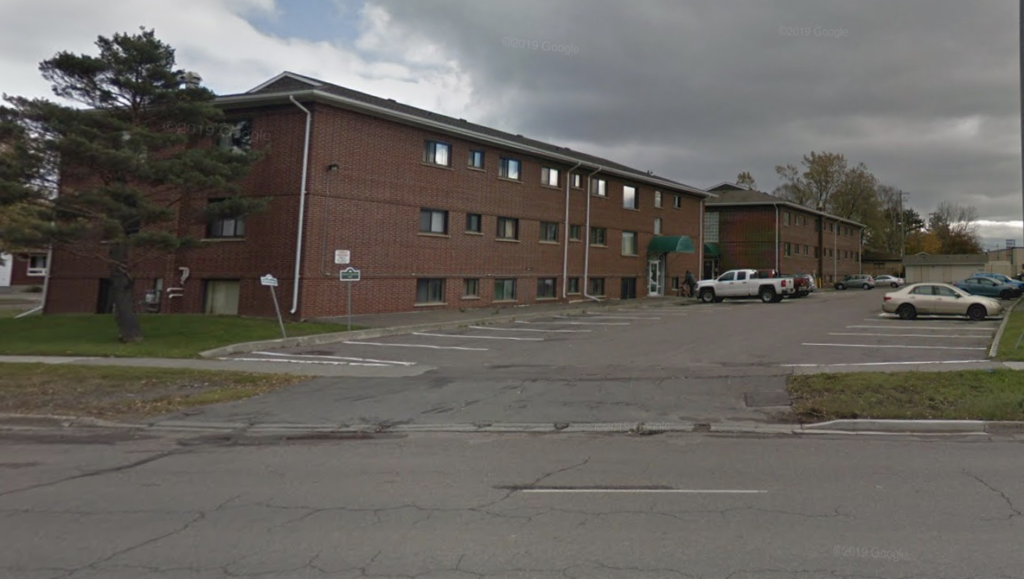
After that second surgery, my father never remembered my name. He knew me as “the older one” or by some trait I possessed at the time (hair length, colour, glasses). His short-term memory was terrible, and I would listen to the same stories over and over. It often felt like I parented him, playing referee between his inability to form words and my sister’s need for clear instructions. He did none of the typical fatherly duties. Instead, I accompanied him to the doctor’s appointments, made sure he was eating properly and cooked his favourite meals.
He was still physically my father. He was just different, and I was determined to make it work by whatever means necessary. I was going to build a relationship with my father again, and it was going to be good, or at least that is what I told myself. They wouldn’t let me speak to my father after the second surgery, and standing in his small apartment kitchen, I would find out it was because he couldn’t speak to me. There was a long road ahead of him, but I was going to be there. I was going to help.
I had done it before, so it wasn’t uncharted territory. After the first surgery, I had to meet my father again, and I had to form a new relationship. So, what was stopping me from doing that same thing this time? I mean, sure, he couldn’t talk, and he was legally blind, and his memory was getting worse, but I could make up for all that. I could help him. Even if I didn’t want to help him, I was his daughter, and I should help him.
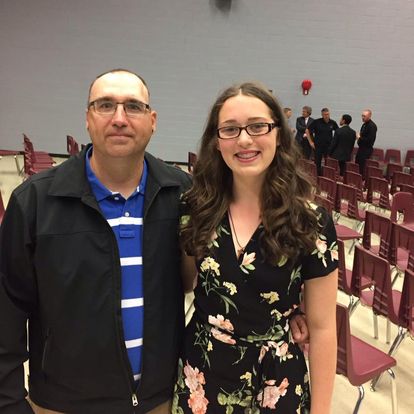
As my mother’s car pulled into the driveway, I could hear her asking me to come and unload the dishwasher before she even walked into the house. It is kind of crazy that mothers have that effect. They somehow mold and model our brains to hear them even when they aren’t around.
Now, just because I hear her voice doesn’t mean I listen to it.
As the front door clicked shut and she walked up the stairs, I expected to hear about the dishes (for real this time and not just in my head), but instead, there was silence. I pulled my chair closer to my desk and forgot about the dishes. Scattered across my desk were piles of printed papers and a couple of books. I stared at them and thought about how excited I was to start University, how I had once dreamed about it in high school. I was supposed to be swept off my feet by the man of my dreams who helped me pick up my textbooks after he bumped into me on the way out of class. Well, maybe not that last part, but it was supposed to be the time of my life. Now, all I have are some papers, a couple of books, and some Zoom calls. The pandemic had closed everything. I stared at the pile again, and before I had time to think about any of it, my mother knocked on my door.
“We need to talk,” she said somberly.
“I know I didn’t do the dishes; I swear, I am just trying to sort through all these things… Do you know what the syllabus is? All of my profs posted them online but didn’t explain them, and I picked up my textbooks today. The campus is empty, eerily empty, oh and….”
“We need to talk,” she repeated before I could even finish my thought.
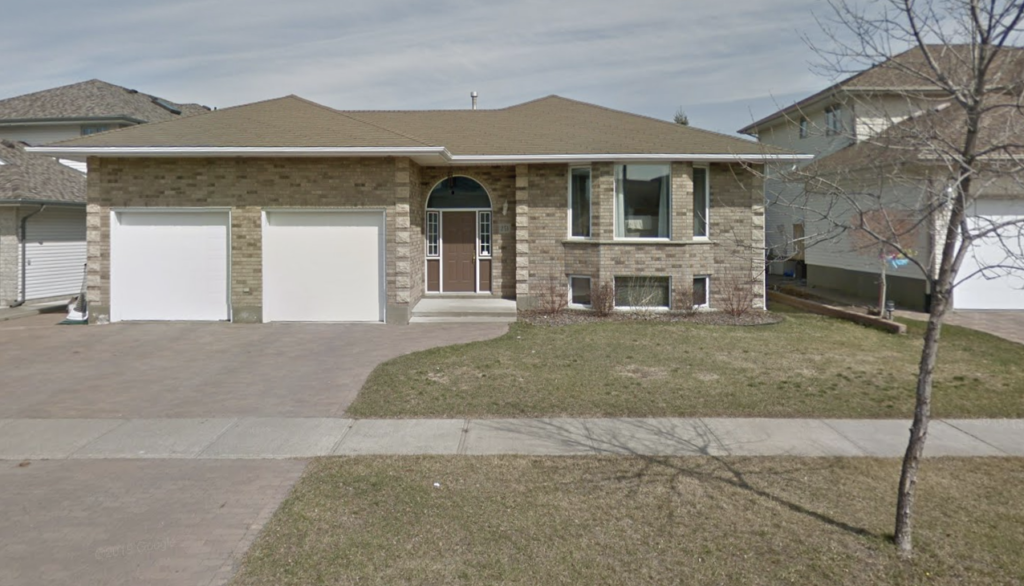
Christmas, they told us we were lucky if my father lived until Christmas. He died four days after my eighteenth birthday.
November 5th, 2020.
A week later, we were gathered with my family. I was presented with a small little urn, and we spread what I thought was the remainder of my father’s ashes into the lake. Then I went back to living my routine, because it was what I had done the last two times my father changed, and I thought it would be enough.
Wake up. Go to school. Hang out with friends. Do anything, with anyone to try and forget that your father is dead.
It wasn’t enough.
The “repress everything until I have to meet my father again and get to start over after the next surgery” strategy doesn’t work super well when your father is dead. If you ever find yourself in that situation, I wouldn’t recommend it.
It wasn’t easy growing up and having to meet a different version of your father after each surgery only to parent him and then have him die. It felt like eating rocks. No, really; just when you think it can’t get any worse, it does. I could tell you that there is some happy ending for me in my father’s illness, but there isn’t. I could describe him as I should describe a father, as a protector, as a parent, but he wasn’t. Although I can say all of this now, the little girl experiencing it couldn’t. She was just trying to survive, trying to find the puzzle pieces under the couch and add them to the collection she called her father.
I didn’t know how to have a stable father… especially if his being stable was a result of his being dead.
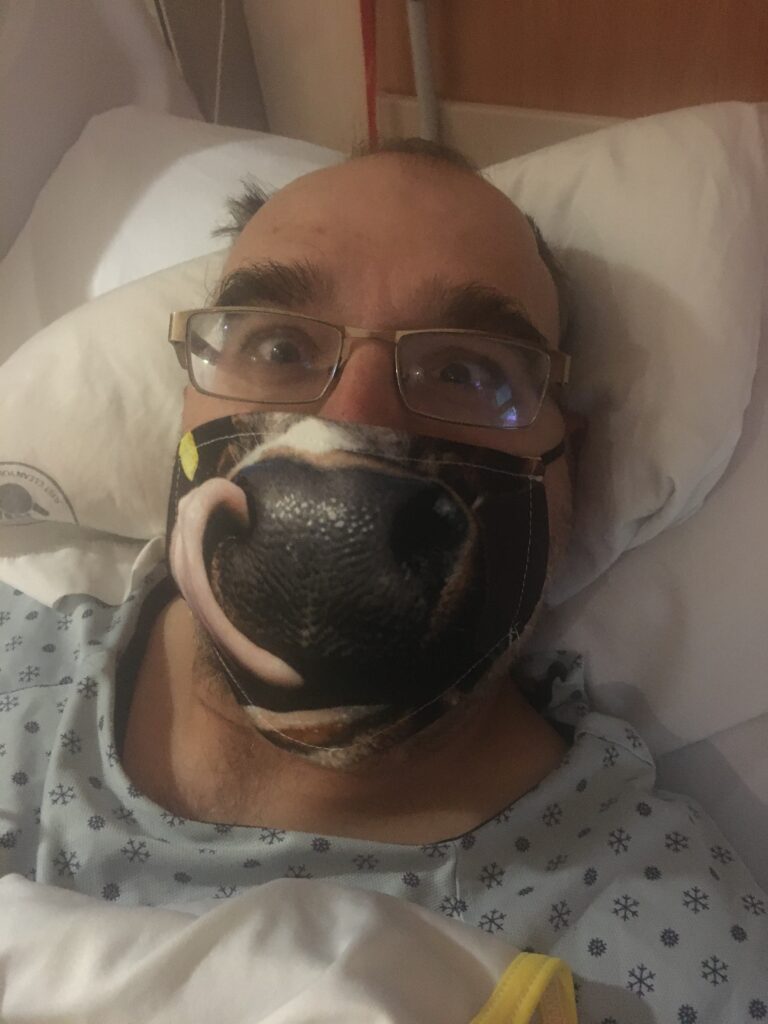
“Can you visit a grave in the winter?” I asked quietly, unsure that I wanted to speak the words but positive that I wanted the answer.
“I guess it depends on where it is, and how much snow there is,” my boyfriend responded in a tone that I had never heard before, “why do you ask?”
That. That was the question I didn’t want to answer. I didn’t want to answer because I didn’t know, or I guess I didn’t want to know. I took a deep breath and braced myself to respond.
“Well, my Aunt had a funeral for my father three years ago after we had spread his ashes, and I didn’t go…”
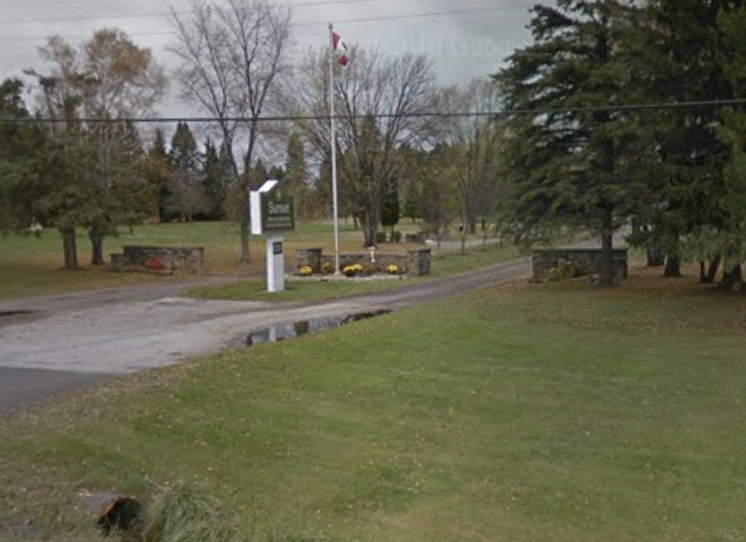
I really loved my father, and I was prepared to do whatever he wanted with his ashes… but when he requested that I split him up so all his friends could “put a little bit of him wherever they wanted,” I had to draw the line. All I could think about was sitting at the dining room table with a pack of ziploc bags, a teaspoon, and my father’s cremated remains.
It wasn’t until after he died that I realized that I couldn’t make anything close to his request come true. Firstly, it is very much illegal to split ashes up like a drug dealer and pass them around to all your friends (who knew?), and secondly, I would have no control over anything or anyone but myself.
The whole time he was sick I never had control over anyone but myself.
My life was change, my life was constantly collecting pieces, my life was not knowing, but somehow holding onto the hope that stability was possible. I just never expected stability to take on the form of an urn and a headstone.
I finally went to my father’s grave. Somehow, in my head, I had imagined it would be dark and gloomy. Storm clouds thundering above me, rain lightly tapping on the moss-covered headstones. I had built it up in my head as an experience I would want to forget.
That didn’t happen. It was a highly underwhelming experience.
I wasn’t sure what to do with myself when I arrived at the headstone with my father’s name on it, all I could think about was how big it was. There is my father’s name on a headstone with two fish carved into the front of it and the headstone is huge. That’s all I could think about. No overcome with emotion, no overwhelming sadness, all I could think about was the fact that the rock was way bigger than I expected. The top of the rock is textured and the front is smooth, overall a rather nice rock, not exactly what I should have been thinking, but I was. The whole experience blurred into the rest of the day. In the end, I forgot about it, not because I wanted to, but because I could.
Although, I guess in a twisted sort of way that’s the point.
Stability isn’t what we expect, and trying to find it in others isn’t possible. I could try and analyze my childhood and create some unified and stable narrative about my father, but that isn’t the truth. So, I get fragments, and so do you. As a little girl I couldn’t have predicted that I would remember fragments, but I do. Before my father died, I couldn’t have told you how intricately tied my identity was to his and how much of my own life I had missed trying to cope with the rapid changes, but what I can say with certainty is that from where I am now, I wouldn’t change a thing.
I have tried to re-arrange the fragments and squish them into something resembling unity, but it doesn’t work. The past is the past, and my father is dead, so why waste my energy trying to fix it. So, we need to talk, because I need to move on, I need to leave the fragments, I want to leave the fragments with you. I need to start living. It is what my father would have wanted. It is what all three versions of my father would have wanted.
